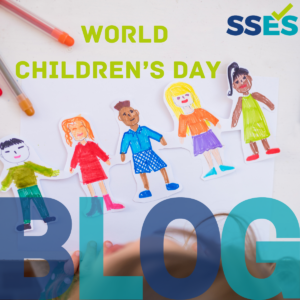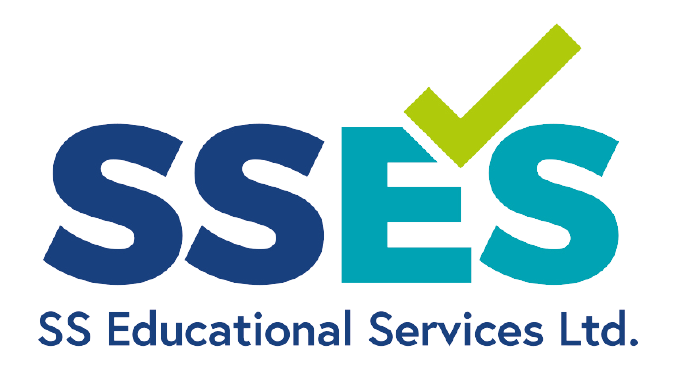Saturday 20th November was World Children Day. As a niche End-Point Assessment Organisation specialising in Early Years, Children and Young People, it seemed inconceivable for us not to recognise the day.
‘World Children’s Day was first established in 1954 as Universal Children’s Day and is celebrated on 20 November each year to promote international togetherness, awareness among children worldwide, and improving children’s welfare.
November 20th is an important date as it is the date in 1959 when the UN General Assembly adopted the Declaration of the Rights of the Child. It is also the date in 1989 when the UN General Assembly adopted the Convention on the Rights of the Child.
Since 1990, World Children’s Day also marks the anniversary of the date that the UN General Assembly adopted both the Declaration and the Convention on children’s rights.’
Taken from UNICEF
All the apprenticeship standards SS Educational Services End Point Assess/will assess involve working with early years, children and young people in some capacity.
The Early Years group of standards, Levels 2, 3 and 5, focus on birth to 5 years, from new practitioner to Manager
Children, Young People and Families offer 2 standards, Level 4 and Level 5, which is our focus on the blog this month. Level 4 involves working with children, young people and families, including carers, to achieve positive and sustainable change in their lives. Level 5 is for experienced practitioners in senior roles, to learn the knowledge, skills and behaviours on how to manage teams to help and advise families.
Early Intervention Practitioner, Level 4. Provide intervention services early in identified cases. This occupation is found in statutory and voluntary organisations who can provide person-centred, early intervention approaches and services to support individuals across all age ranges, from pre-birth to end of life.
Youth Support Worker, Level 3. This is a supporting role working with young people aged 11-25 to promote their personal, social and educational development.
Youth Justice Practitioner, Level 5. Work with children who have offended or who are at risk of offending, specifically in the age range 10-17 (and occasionally those aged 18).
Play Therapist, Level 7–Work to improve children’s mental health, emotional well-being, learning capabilities and social relationships.
Standards currently with IfATE, not yet ready for delivery, that we intend to EPA include Youth Worker, Level 6; Special Educational Need Co-ordinator Level 7; and Playworker Level 2.


